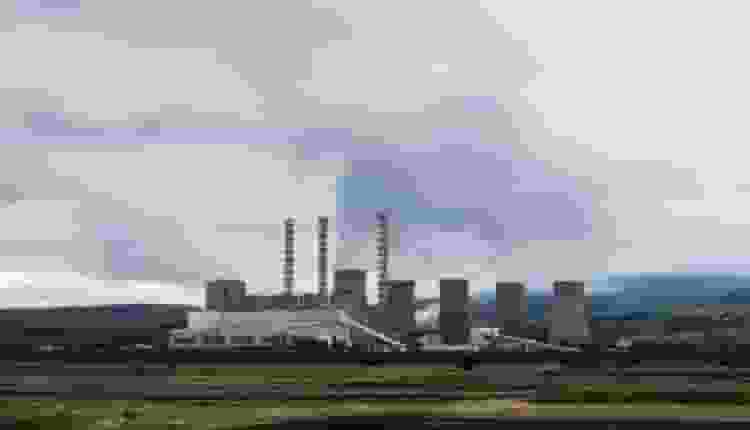
In a win for the environment and public health, the New York Governor has halted radioactive water discharge into the Hudson River from a closed nuclear plant.
The move follows widespread concerns regarding the potential ecological and health risks posed by the release of contaminated water.
Governor’s Decision Grounded in Evidence and Public Input
The decision, announced yesterday, comes after months of mounting pressure from local communities, environmental organizations, and experts who have expressed alarm over the proposed discharge.
The nuclear plant, which ceased operations several years ago, had been seeking permission to release treated but still radioactive water into the river.
Governor’s decision to prohibit the discharge was based on a comprehensive review of scientific evidence, public sentiment, and potential consequences for both the environment and human health.
Read more: Biden Initiates Historic Trilateral Summit With Japan And South Korea At Camp David
Radioactive Accumulation and Human Health Considerations

The administration cited concerns about the potential impact on aquatic life, water quality, and the overall ecosystem of the Hudson River, which serves as a critical habitat for numerous species and a vital water source for communities along its banks.
Environmental groups, which had vehemently opposed the discharge, celebrated the Governor’s decision as a significant victory for the region’s environmental well-being. They commended the administration for listening to the concerns of local residents and experts while prioritizing the long-term health of the river and its surrounding communities.
While the nuclear plant had argued that the discharge would be within permissible regulatory limits and would not pose an immediate danger, many experts remained skeptical of the long-term effects.
Concerns included the potential accumulation of radioactive materials in the food chain and the potential risks to human health through the consumption of contaminated fish.
The Governor’s action sets a precedent for other states grappling with similar environmental and nuclear waste challenges. It underscores the importance of prioritizing sustainable solutions that minimize potential harm to ecosystems and communities, even in the aftermath of a nuclear facility’s closure.
As discussions about the management of nuclear waste continue to evolve on a global scale, the New York Governor’s decision serves as a reminder that proactive measures to protect the environment and public health remain paramount.
Read more: US Endorses Deployment Of F-16s To Ukraine From Denmark And Netherlands

